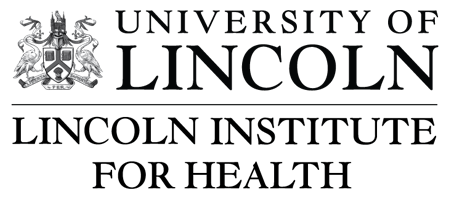Symbiotic relationships to improve the healthcare system in Lincolnshire

A meeting to discuss ‘Symbiotic relationships to improve the healthcare system in Lincolnshire’ was hosted by NHS England and included representatives from the University of Lincoln (including CaHRU, the Lincoln Institute for Health and the Lincoln Medical School) and Lincolnshire Continue reading Symbiotic relationships to improve the healthcare system in Lincolnshire



